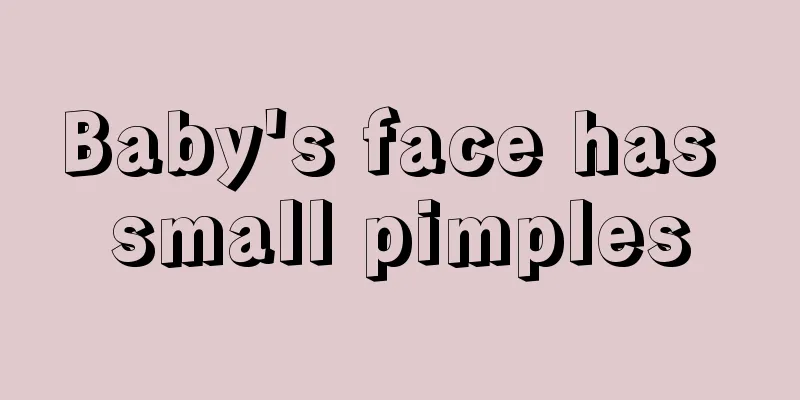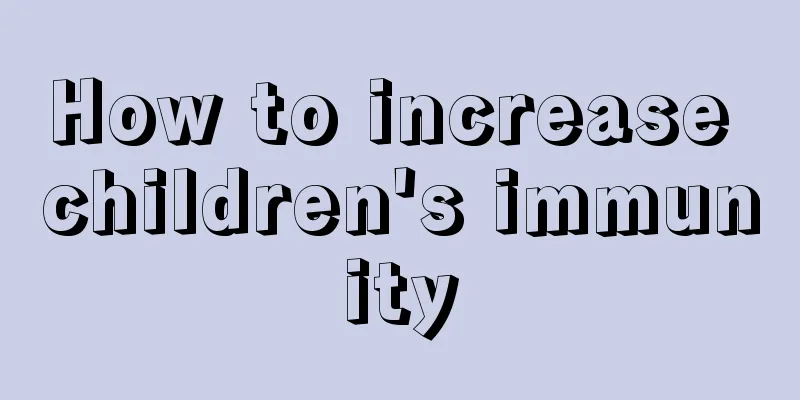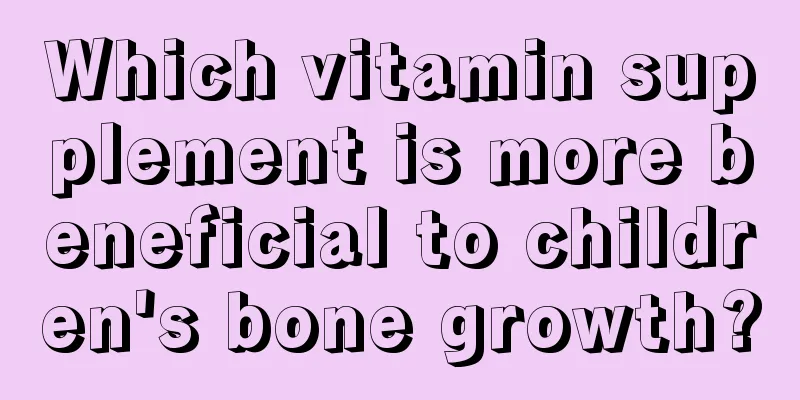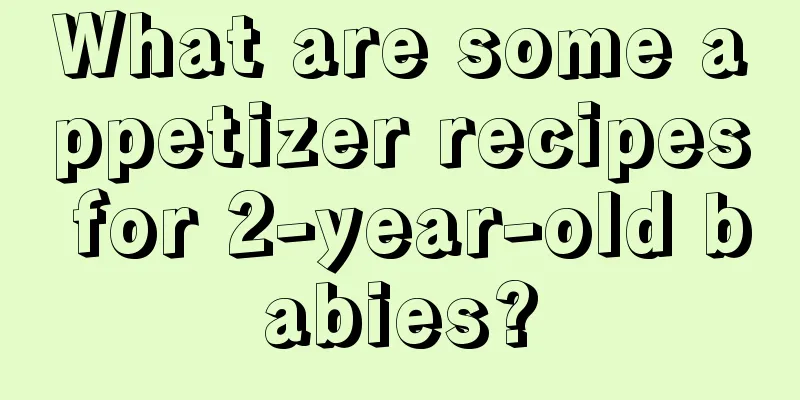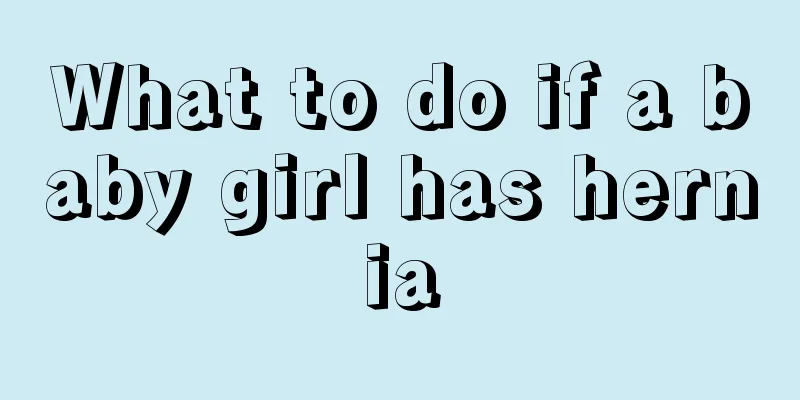What is the matter with baby hypoallergenic milk powder
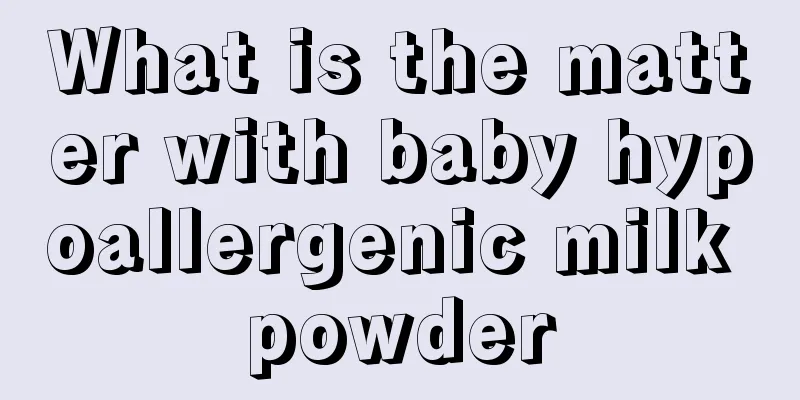
|
Many babies have physical allergies. Babies with such physical conditions will have allergic symptoms when eating milk powder, usually mainly diarrhea. Babies with such conditions need to pay attention. When drinking milk powder, you should choose low-allergy milk powder for the baby. So what is low-allergy milk powder for babies? Let us understand it through the following introduction. Anti-allergic milk powder, also known as low-allergy milk powder, is infant milk powder with partially hydrolyzed protein. Through a special protein hydrolysis process, the highly allergenic ordinary milk protein is converted into low-allergenic small molecule protein, thereby reducing the risk of allergies in babies. Through a special process, the protein in milk is degraded into peptide chains to reduce the allergenicity of the protein. The degree of sensitization depends on the length of the peptide chain. The deeper the degradation, the lower the sensitization. Therefore, according to the complexity of the process and the length of the peptide chain, the hydrolyzed protein infant formula on the market can be divided into partially hydrolyzed protein formula powder and deeply hydrolyzed protein formula powder. What is a partially hydrolyzed protein formula? Cow's milk protein is a foreign protein to babies. Certain components in milk protein, such as β-lactoglobulin, are highly allergenic and can cause allergies in babies. Therefore, the purpose of hydrolyzing protein is to make these large molecular milk proteins smaller, thereby removing the allergic components of milk protein and reducing the allergenicity of the modified milk protein. The protein obtained through hydrolysis is hydrolyzed protein. The preventive effect of hydrolyzed protein formula depends on whether the hydrolysis process can reduce the allergenicity of the hydrolyzate. Therefore, not all hydrolyzed protein formulas have allergy-preventive effects. Nestlé’s patented protein directed hydrolysis technology ensures the “just right” antigenicity of Super NEN. This is also the secret of Super Nen's excellent preventive effect. What is Deep Hydrolyzed Formula? It refers to the conversion of large-molecule milk protein into short peptides and amino acid structures. It is non-allergenic and suitable for the treatment of infant allergies. Partially hydrolyzed formula milk refers to large-molecule milk protein that has been heated and hydrolyzed by enzymes into small molecules, which reduces its allergenicity by 1,000 times and is suitable for all newborns, especially babies with a history of allergies. Through the above introduction, we know what baby hypoallergenic milk powder is. If the baby often suffers from eczema or diarrhea, we should consider whether the baby has an allergic constitution. In this case, the baby needs to be fed with hypoallergenic milk powder. This is also a common occurrence in the baby's growth process. |
<<: How many months does the baby change to three stages of milk powder?
>>: What to do if a child is bitten by a dog
Recommend
What kind of porridge can babies drink to aid digestion?
In today's society, there are more and more o...
What is the cause of red spots on children's palms?
Children often have a very high status in the fam...
What to do if a boy often has nosebleeds
Children are very lively and active, especially b...
What are the best treatments for laryngitis in children?
When children are young, they have poor resistanc...
How to plan your child’s summer schedule?
Children must have a more regular schedule under ...
Why do children have white spots on their nails?
White spots on children's nails are actually ...
Correction method for baby biting lip
The baby is still in the stage where he cannot sp...
What to do if your baby has eczema around his mouth
For every mother, the baby is everything to them,...
How should children practice yoga?
Yoga is a sport that tests a person's flexibi...
How old is the child's circumcision suitable?
Foreskin is a health concern for all men. Once th...
What should I do if my baby keeps sneezing? Parenting experts introduce effective methods
For ordinary adults, sneezing occasionally is nor...
What is good for 4-year-old baby to eat for calcium supplement
When their children are young, many parents do no...
When do children lose their teeth?
Every parent hopes that their children can have w...
How old does a baby start to grow molars?
The baby has been constantly changing since he ca...
Solutions for toothache in children
Toothache is mainly caused by some common symptom...

